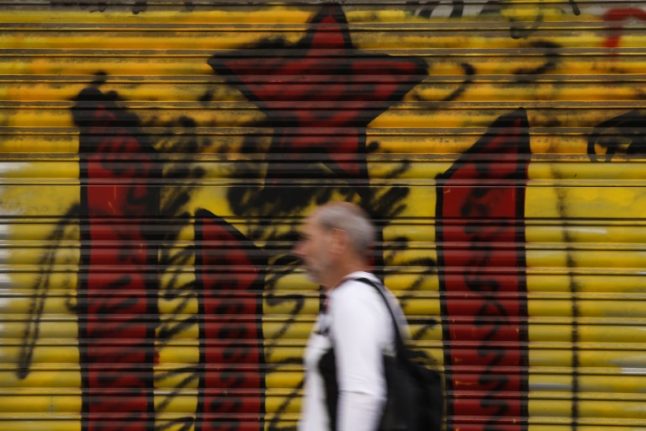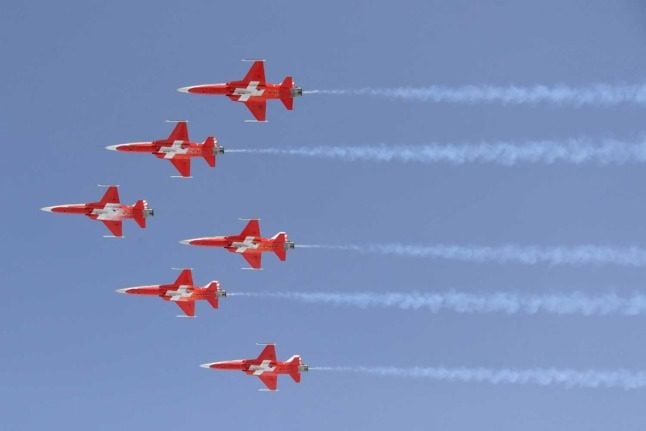“The general impoverishment of the society would be brutal. GDP could fall between 25 and 30 percent and unemployment double,” Economy Minister Luis de Guindos said in an interview with radio Cope.
An independent Catalonia would find itself outside of the eurozone so 75 percent of its products would be slapped with tarifs, banks would have to relocate, and the region would have to set up its own currency, he added.
“The independence of Catalonia would be absolutely irrational from an economic point of view,” the minister said.
READ MORE:
- Spanish police seize pro-Catalan referendum pamphlets
- Nine key pitfalls of Catalonia's independence referendum
- Catalonia's mayors caught in referendum crossfire
Catalonia, which accounts for a fifth of Spain's economy and is roughly the size of Belgium, is slated to hold an independence referendum on October 1st, which Madrid and Spanish courts have declared illegal.
The referendum has not had an impact on the economy because financial markets do not think Catalan independence is a “minimally viable and acceptable scenario”, the economy minister said.
Catalonia's pro-secession regional government argues that an independent Catalonia would be able to decide its own fiscal policy and investments, which would boost its GDP.
It says Catalonia currently pays billions more in taxes to Madrid each year than it gets back in investments and services but this would end if the region split from Spain.
The Catalan government estimates it pays €16 billion ($19 billion) more to Madrid than it gets back, or about 8.0 percent of it the region's GDP.
Spain's central government, which uses a different calculation, puts the figure at around 10 billion euros, or 5.0 percent of Catalonia's economic output.
Catalonia, home to around 7.5 million people, is tied with Madrid for the title of Spain's richest region.
Its unemployment rate stood at 13.2 percent in the second quarter, lower than the 17.2 percent rate posted for all of Spain.



 Please whitelist us to continue reading.
Please whitelist us to continue reading.